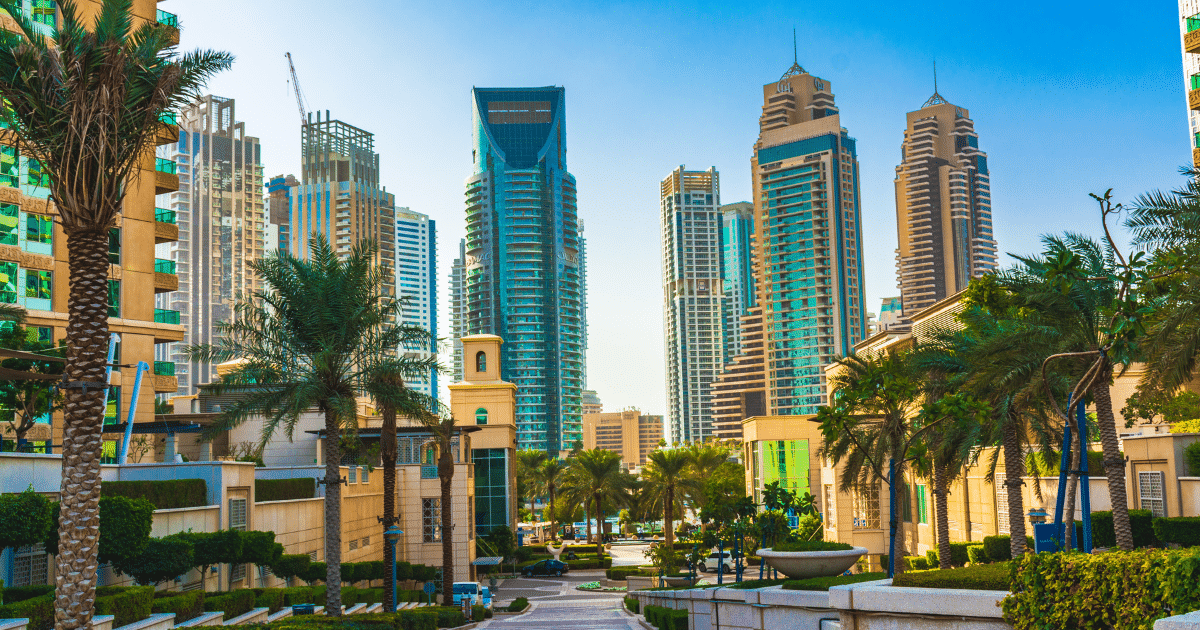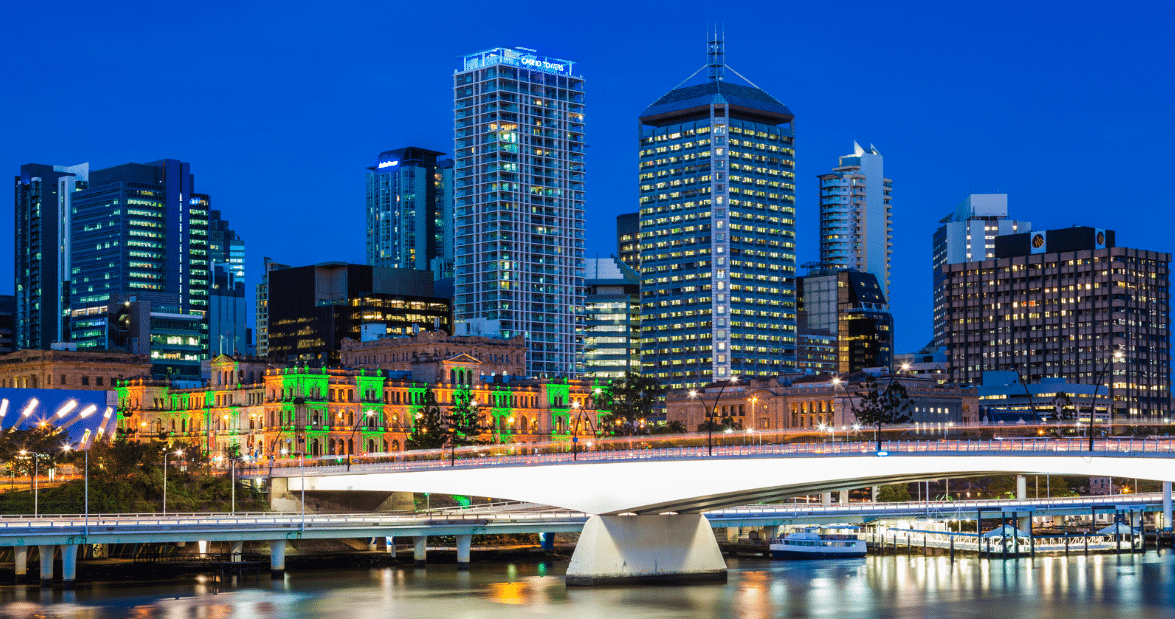Australia is at risk of suffering from a smaller economy and an ageing population as a result of the slump in migration due to the pandemic, says the top economic advisor to the federal government.
According to Treasury secretary Dr Steven Kennedy, Australia has experienced a significantly low net overseas migration compared to other advanced economies due to Covid-19 disruptions.
Such a massive disruption is set to leave Australia with a smaller economy and a slightly older demographic, he said.
Australia is already facing uncertain economic and social outcomes following international isolation due to the pandemic.
To further enforce Australia’s international isolation because of the coronavirus pandemic, the Australian government released a new budget assuming that the country’s borders will remain closed all the way up to mid-2022.
However, Dr Kennedy said that it was in Australia’s best interests to reopen international borders and resume a brisk migration program.
He explained that skilled, working age migrants are invaluable to Australia, given their ability to contribute to and reinvigorate the country’s workforce, which can deliver an economic dividend for Australia, uplift workforce participation and boost productivity levels.
Opening international borders would also allow Australia’s tourism and education sectors to thrive again, which have gone stagnant due to a lack of electronically-induced connectivity and benefits.
Speaking on the economy, Dr Kennedy said that although Australia’s public borrowing has increased during the pandemic, the debt as a share of the country’s economy is still low compared to international standards.
Labor Treasury spokesman Dr Jim Chalmers also commented on the economy, saying that the federal government should provide more details on how the debt will be tackled.
Dr Chalmers was also critical of the budget, saying that this year’s budget is spending without having any lasting social benefit or long-term economic dividend.
Earlier, data released by the Reserve Bank of Australia showed that the board expects Australia’s GDP to remain below the levels forecast before the pandemic due to a curtailed population growth.
The RBA also expects Australia’s underlying inflation to rise by 1.5 per cent over 2021, and about 2 per cent by mid-2023.






